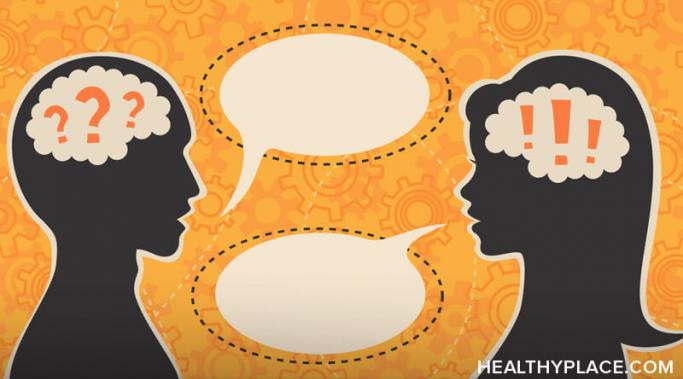Blogs
Setting boundaries is not commonly recognized to boost self-esteem, but I have found that it does. Self-esteem is integral to helping us traverse life. Navigating life with mental health challenges can be like treading water in a stormy sea. I have faced my share of turbulent waters, struggling to maintain my self-esteem amidst the chaos of emotions and thoughts. One practice that has proudly transformed my journey is setting personal boundaries. It's not just a skill; it's an act of self-love and empowerment. Setting boundaries can enhance self-esteem.
Coping with depression triggers generally requires practicing specific skills. It isn't always easy to continuously do so, especially when the skills should be practiced proactively. However, practicing coping skills and being self-aware of how to cope with depression triggers could help some either avoid a depressive episode or experience a less severe depressive episode.
Parenting in gambling addiction recovery is not easy. The weight of gambling addiction isn't just on us, the ones battling it; it bleeds into the lives of loved ones, especially our children. That's why it's important to consider parenting in gambling addiction recovery.
My name is Radhika Lakshmanan. I am excited to join the "Binge Eating Recovery" blog and share my story about my recovery from binge eating disorder. I developed binge eating disorder during my first job, where I struggled with depression, anxiety, and binge eating. I had unresolved past traumas from childhood due to growing up in a physically and emotionally abusive family.
Many people find it challenging to cope with disappointing others, whether a loved one, a friend, or a coworker. I am no exception. I will avoid disappointing someone if possible. We all know how it feels to be disappointed or let down, so why would I want to inflict that feeling onto someone else? I possess great empathy for others, almost to a fault. So, to know that I am about to confront someone and make them feel sad or disappointed makes me feel guilty, which then leads to depression. However, lately, I have been trying to reroute my thinking and people-pleasing tendencies to remember the positives and why I can no longer appease everyone to help cope with disappointing others.
Once a person has experience with a person with bipolar disorder, they may assume that they will always have a similar experience with others who have bipolar disorder. In other words, a person may paint everyone with bipolar disorder with the same brush. If the first person with bipolar disorder they have experience with is very intelligent or creative — they may think all people with bipolar are. On the other hand, if their experience with a person with bipolar disorder was very negative, they may assume that all their future experiences will go the same way. Generalizations of any group don't help us, however.
Living with borderline personality disorder (BPD) often means grappling with borderline PD mood swings that can swiftly turn my world upside down. When these BPD mood swings hit, thoughts become tangled in cognitive distortions, and black-and-white thinking takes hold, making it difficult to see shades of gray or to check the validity of my assumptions. In other words, BPD mood swings are a rapid descent into a world where worst-case scenarios feel like certainties.
Learning how to silence your inner critic after trauma can feel impossible. Personally, I developed a harsh (and loud) inner critic during early childhood following a trauma that made me question my worth. As I grew up, I found it "safer" to try to be the perfect kid, teen, young adult, and now woman, thinking maybe it would make me more worthy of love and good treatment. However, this has only ever perpetuated more self-loathing and vicious cycles.
It feels like I write an article on this topic at least once a year—but as someone who has dealt with sexual assault and a lifetime of body image pressures, I will return to the keyboard once again as society continues to devalue women's (anyone who identifies as such) bodies. So, why am I talking about it this time? The answer is simple: Because it's hard to escape the stark reminders that women's bodies are often not seen as culturally valuable or worth protecting. The devaluing of women's bodies infuriatingly continues.
Playing the piano affects my schizoaffective disorder in a very positive way. Let me tell you how my piano playing soothes my schizoaffective disorder.









